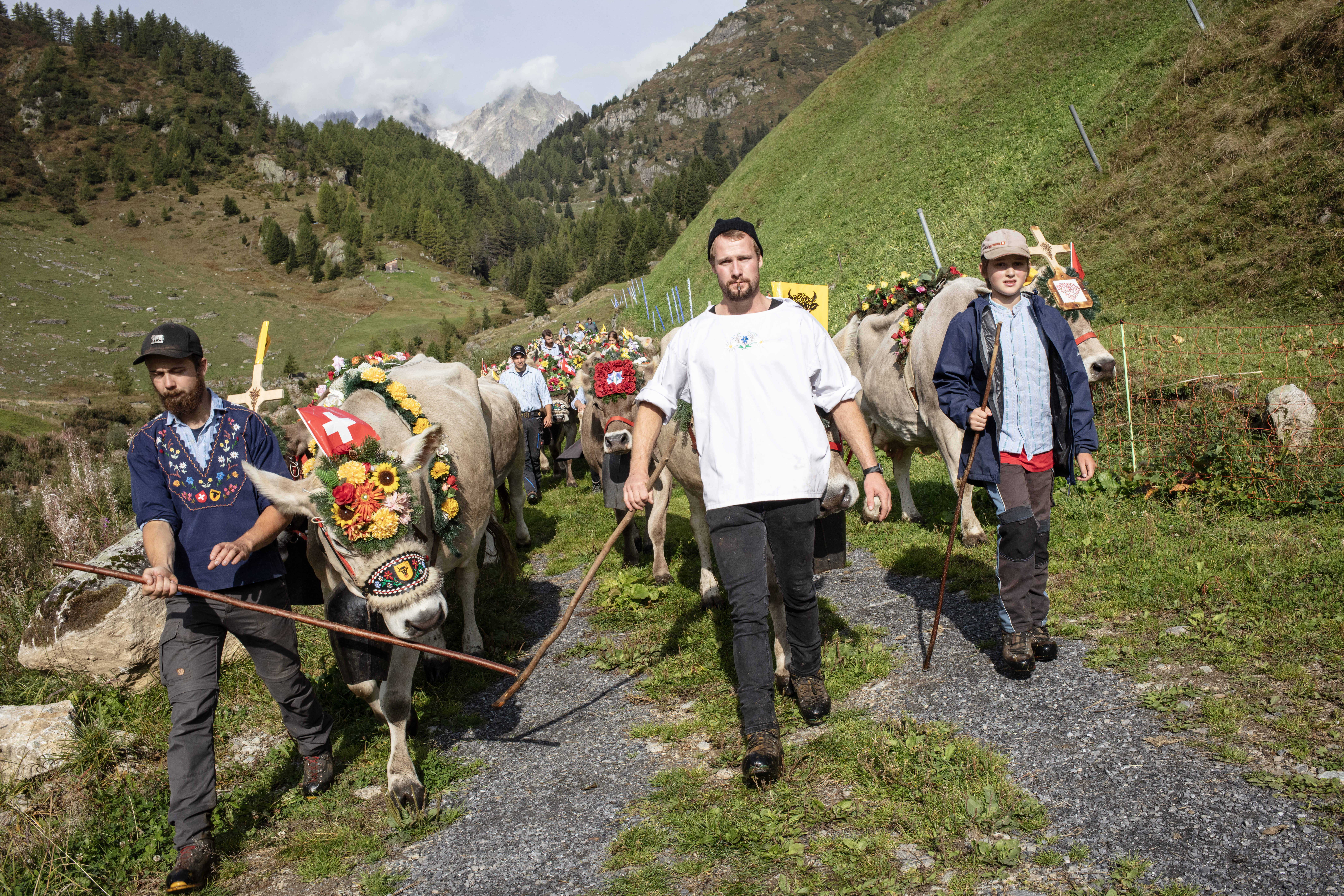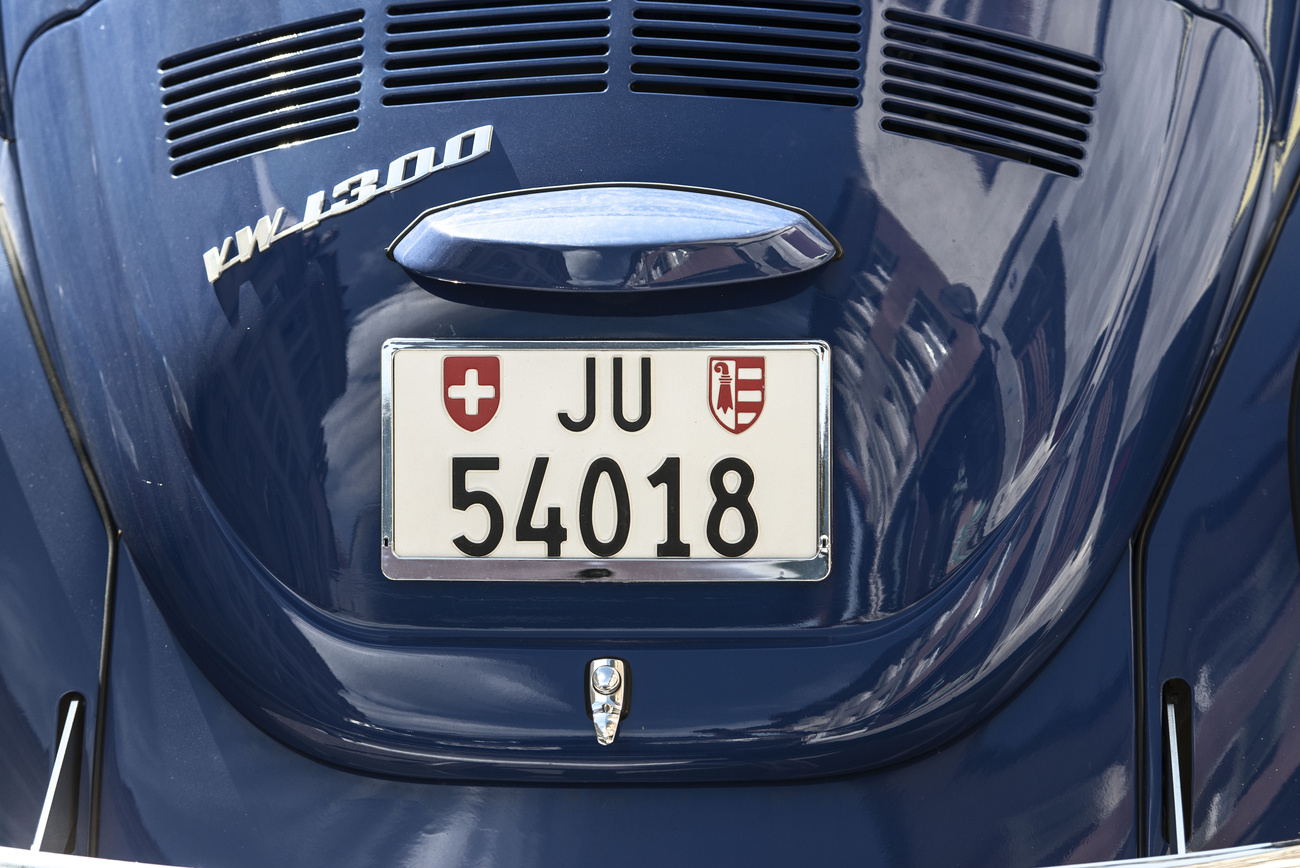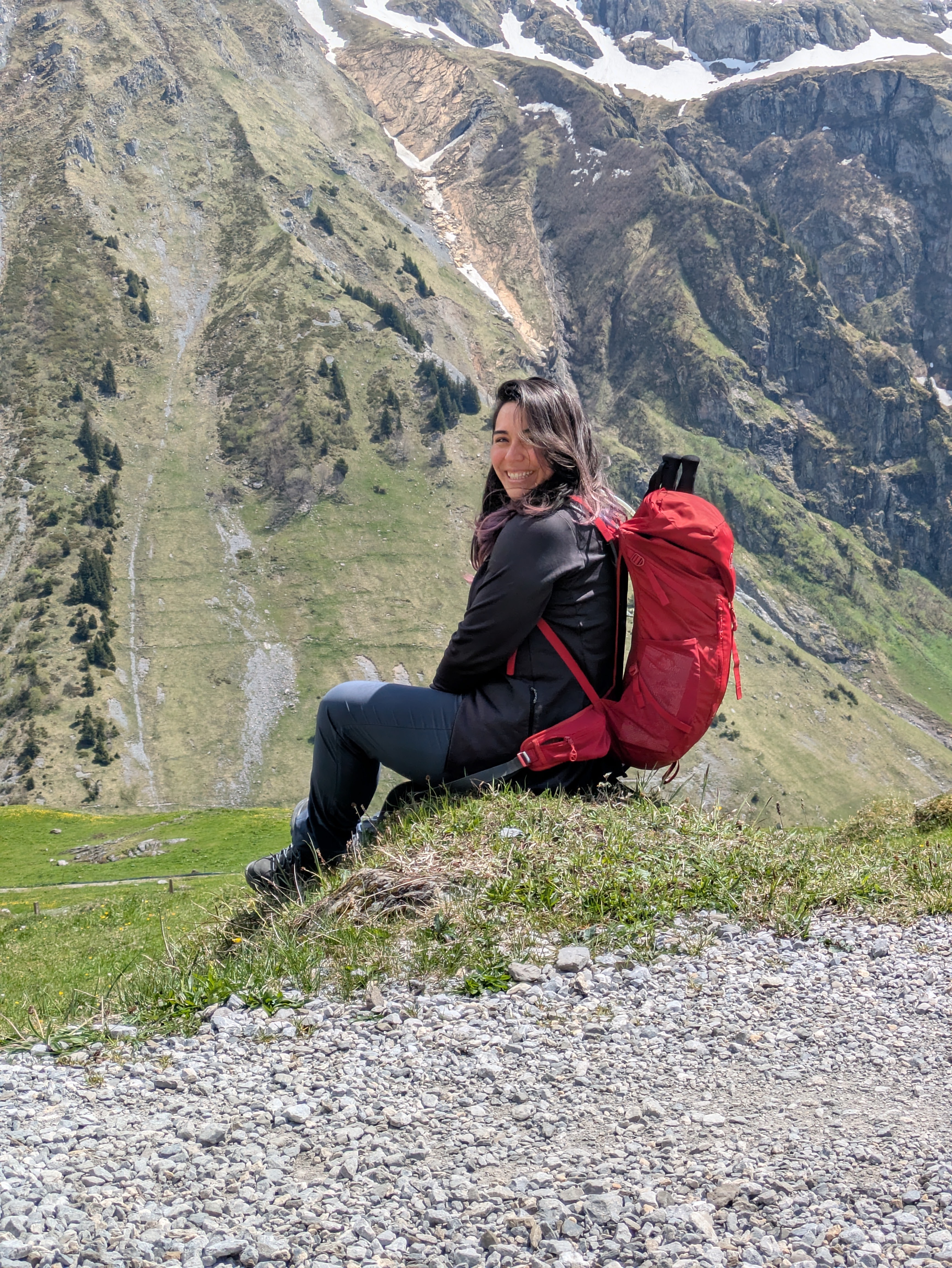
Switzerland enters second year as UN member

On September 16, the 58th session of the United Nations General Assembly opens in New York – but it will be only the second time Switzerland takes part as a member state.
swissinfo spoke to the Swiss ambassador to the UN, Jenö Staehelin, about Switzerland’s first year of membership.
Swiss voters approved joining the UN in 2002 after a hard fought campaign, with opponents arguing that membership would threaten Switzerland’s neutrality.
Staehelin gives his views on the issue of Swiss neutrality, as well as the organisation’s involvement in Iraq and the challenges of ensuring Switzerland’s voice is heard on the world stage.
swissinfo: How has your job changed since Switzerland joined the UN?
Jenö Staehelin: It has changed in that I have to deal with all the questions that are on the agenda of the UN. As an observer, I was able to concentrate on certain issues of a particular interest to Switzerland.
swissinfo: The UN faces some of the biggest challenges in its history – not least stark divisions in the Security Council over Iraq. How serious are these problems for the UN?
J.S.: In the 50 or more years of the UN’s history, there have been lots of ups and downs. I think we are now going through a difficult period, because it is difficult for a superpower to accept limitations in the exercise of its power. On the other hand you cannot ignore the rest of the world. Therefore a way is being sought to deal with this situation, and I’m hopeful that it will be possible to show that the world needs an organisation like the United Nations.
swissinfo: How did last month’s bombing of the UN office in Baghdad affect the organisation and its activities in Iraq?
J.S.: The impact is quite serious. The organisation had to decide to reduce the number of people they had working for them in Iraq. In general, I think, it has a good reputation as an organisation that is there to help the Iraqi people. So it is quite a tragedy to see that those people who are there to help are killed or not able to do their work.
swissinfo: Will the bombing make Switzerland more reluctant to participate in UN activities, such as peacekeeping, in places like Iraq?
J.S.: It certainly will. We have some people in Iraq, at our mission there. The government has decided for the time being that they should continue to do their work. They are very courageous people but of course we have to be extremely cautious and observe the situation daily in order to know whether this can be continued, or whether there are threats that you have to take seriously and which might oblige you to withdraw.
swissinfo: Switzerland will attend the General Assembly on September 16. It intends to argue for a stronger UN, more emphasis on development, as well as a clear position on Iraq and the Middle East. Will anyone be listening?
J.S.: I think so. Yes, I’m sure they will listen. I think we have the reputation of having positions based on certain principles and therefore delegations will listen to what we say. This does not mean that one should overemphasize the importance of Switzerland’s point of view. But there are many other countries which have similar positions, and that has an impact on those who will finally take certain decisions.
swissinfo: Opponents of Swiss membership of the UN argued that it would compromise Swiss neutrality. A year after joining, is there any evidence of that?
J.S.: No, we have become a member of the United Nations as a neutral country. All the other members know that. There was never a problem with it, and I haven’t encountered any problems during this first year, so I think those fears have not been substantiated.
swissinfo: How have other UN members judged Switzerland’s performance since it joined?
J.S.: I haven’t had any negative reactions, perhaps that’s because diplomats are too polite! From the beginning we had a very friendly and cooperative attitude from other delegations, and I think they are happy to see a country like Switzerland contribute, to try to solve the problems facing the world.
swissinfo: You told swissinfo a year ago that you would take a “softly, softly” approach during Switzerland’s first year. Do you intend to be more forceful and proactive now?
J.S.: I think it was good to realise that the first year is a learning period. Of course we stated our position but it’s true we didn’t want to give the message that after 50 years we have decided to join the United Nations and we would from the first day tell others what should be done and that we know everything better than others. I think in that respect we were a little bit soft, but I think we will continue this year to defend our positions. But we will also perhaps try a little bit more actively to contribute to the debate on issues that do not have such a direct effect on Switzerland.
swissinfo-interview: Jonas Hughes
In a referendum in March 2002, Swiss voters backed UN membership.
Switzerland formally joined the UN on September 10, 2002.
Previously, it had held observer status.

In compliance with the JTI standards
More: SWI swissinfo.ch certified by the Journalism Trust Initiative






























You can find an overview of ongoing debates with our journalists here . Please join us!
If you want to start a conversation about a topic raised in this article or want to report factual errors, email us at english@swissinfo.ch.